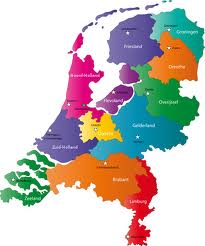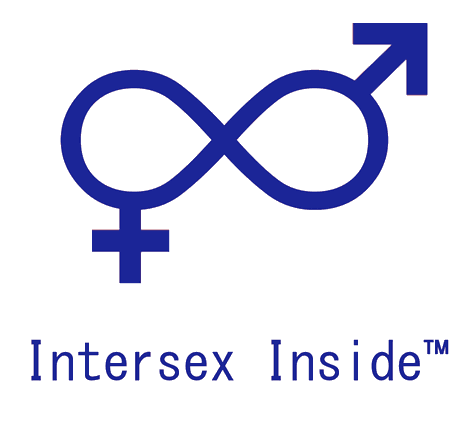Transgender Netwerk Nederland quotes the recent results of RutgersWPF’s ongoing resarch into sexual health in the Netherlands and mentions the facts that:
- 57,3% of the respondents abhor gender confusion when confronted with someone: people should be clearly recognisable as male or female.
- 20% of the respondents prefers not to have contact with transgender people
- for 9% it would be a reason to disconnect, to break friendship
These are alarming statistics. Also probably only valid for the best known sub category of “transsexuals”. The statistics quite well indicate how gender variant persons feel on the streets. Even more they indicate the enormity of ignorance and the importance of the cisgender norm, one has to present clearly as male or female. Also straight is still preferred over other preferences of sexuality and gender expression. This is a undesirable situation.
It is also a known fact that 90% of Dutch population is supportive of homosexuality as such, has no problems with the concept and people being homosexual. However as soon as it comes close, when it refers to e.g. two men kissing, acceptance drops to a mere 60%. Non straight behaviour is not automatically accepted.

The reasons for this lie in the behaviour of the mass media, the education system, the parents, government, all judging non-normative gender experessions (among which I largely count homosexuality also) negatively. Look at the effort it takes to get good gender and sexuality education in the schools. Recently the minister of Education in the Netherlands warned it would be a year later that homosexuality and transgender would be part of regular sex ed curriculum in secondary education. Immediate pressure from civil society and parliament changed this delay to a minimum (three months probably, so still in the coming school year). After years of struggle to get this accepted as an educational “core value” anyway. Then still it is not guaranteed all pupils will learn that all sex and gender expressions value equally, cis as much as trans, gay lesbian and bisexual as much as straight.
Years ago already the Netherlands has signed up to the obligation to work on this issue. When in 1991 ratifying the UN Women’s Treaty (11 years after signing!) the obligation to battle gender stereotypes entered into force. With the latest periodic review of CEDAW the shadow report also was reason for the Committee to comment the Netherlands on this issue. But still Dutch government is not willing to disaggregate discrimination data and change policy to pay more attention to gender roles and inequality. Thus the Netherlands has a positive obligation to immediately create policy on this issue, and not only through educating school going youth but precisely by funding gender emancipation.
It would be commendable if Dutch gender organisations like Transgender Network, Transvisie and COC next to fulfilling their educational role would really work to end this cisgender straight normativity. They have an obligation to work explicitly for gender diversity. Which is more than explain gender variance exists and people may have different gender expressions and identities (which in some circles already is revolutionary). It means actively engage in de(con)structing existing norms.
Trans people wanting to stay in the closet or move from one authorized closet to the other one is all but strange in such a climate. Perceivable difference may be risky. Half of the population questions your life. Which isn’t exactly good for your mental health. At the same time visible gender diversity is of utmost importance to a healthy society. Pushing away waht is undesirable leads to violence, discrimination and stress with the victims. Such we saw clearly with homosexuality. Probably the SCP (Dutch Bureau for Social Research) report coming up later this year on state of of transgender in the Netherlands will show the same for trans people. A report by the Dutch Bureau for Statistics already did so on the issue of trans and work.
In my opinion there also is a moral or political obligation for trans people and gender variant people not hide. Otherwise there is no way to live freely, you waive quite some rights and the bullies get still their way.
For companies and other organisations this means they must take gender diversity seriously. Just like ethnic and racial diversity. A ‘colourful’ work population is good for creativity and only with a certain presence of Others the climate on the job changes. Which shouldn’t be that difficult.

